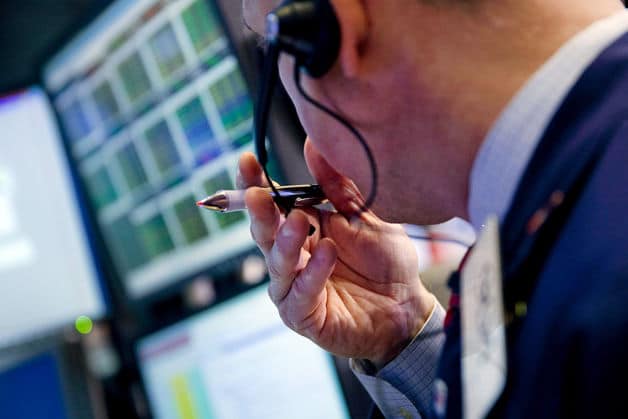The foreign-exchange market is losing a slew of traders from big banks as a probe into alleged manipulation of benchmark rates widens and pressure mounts on the industry to reduce costs.
More than 30 traders from 11 firms have been fired, suspended, taken leaves of absence or retired since October, when regulators said they were investigating the market, according to data compiled by Bloomberg. London-based Barclays Plc (BARC) and Zurich-based UBS AG (UBSN) have been the worst-hit, each suspending at least half a dozen employees, the data show.
“That’s a considerable percentage of the workforce,” said Brad Bechtel, managing director at Faros Trading LLC in Stamford, Connecticut, who estimated the world’s largest banks have 80 to 160 voice traders for spot rates in the currencies market. “That explains the lack of liquidity in the market, and why what would normally be considered a small trade can actually push the market around more than normal.”
Regulators around the world are investigating allegations traders colluded to rig key foreign-exchange benchmarks used by investors and companies by pushing through trades before and during the 60-second windows when the WM/Reuters rates are set. At the same time, banks are trying to fight shrinking margins by replacing humans with computers, accelerating a longer-term shift in trading onto electronic platforms.

